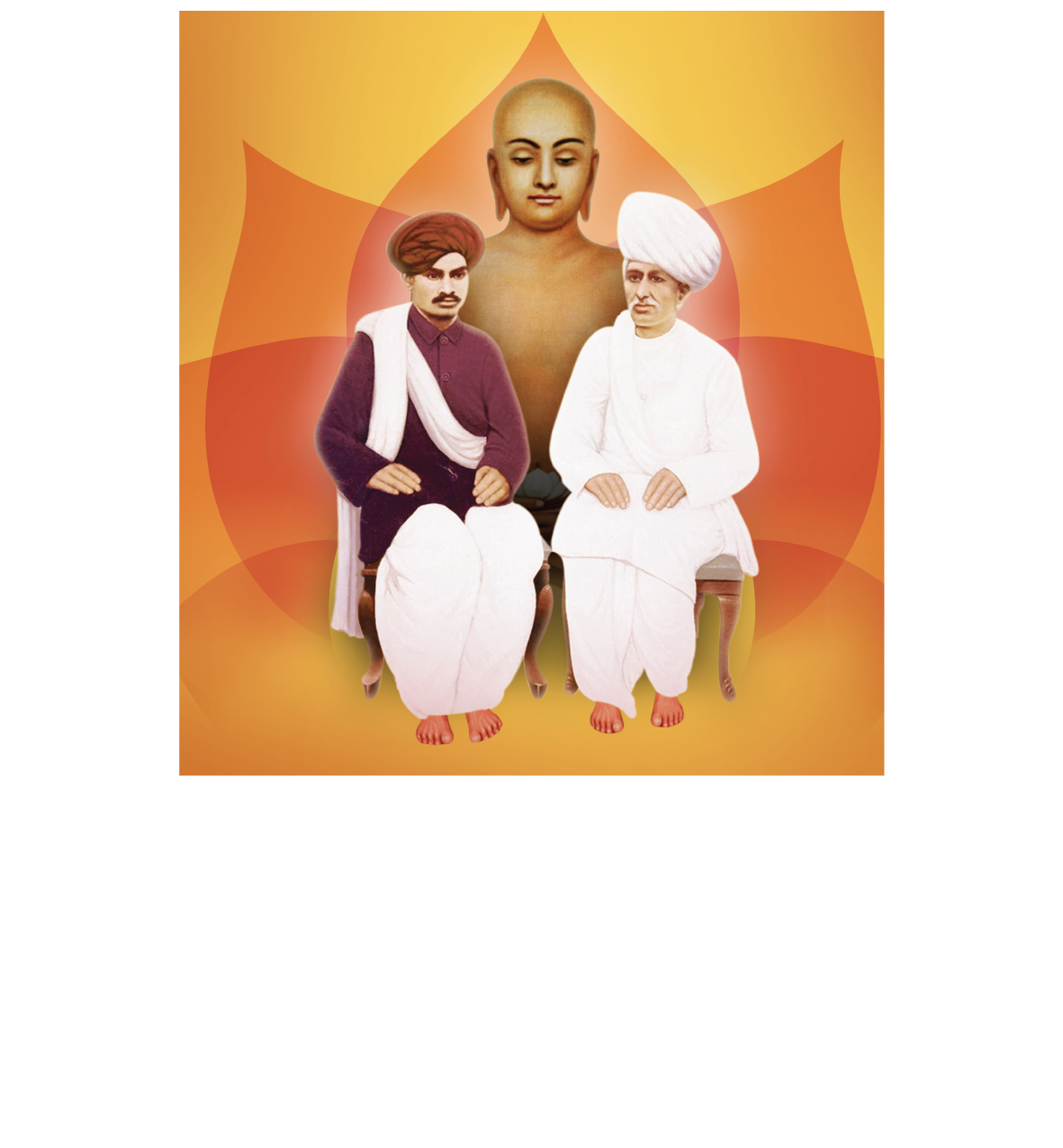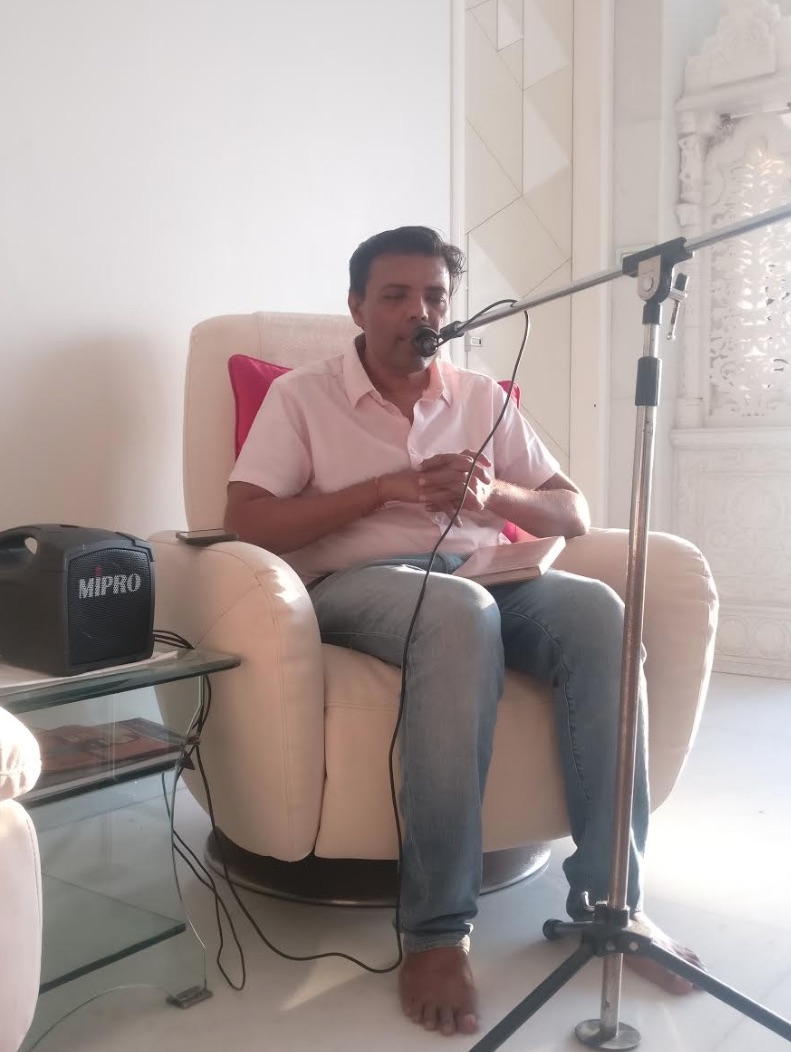Mind your Mind
The November IVY swadhyay started with a thought provoking story of the Buddha and his 83 disciples. All of them came up to him for a solution for a problem that each one had – therefore 83 problems. The wise Buddha answered their question with a counter-question. “Find me one person in the world who does not have any problem!!” This short yet impactful tale, had a deep impact. Brahmnisht Minalben said that our problems should not overwhelm us, rather we must look for solutions. There is no problem that cannot be solved, that does not have a solution and as spiritual seekers we should march ahead and face our problems (whether mental, physical or emotional) head on.
The problems that we are required to grapple with are 3-fold. AADHI, VYADHI and UPADHI
1. AADHI or mental problems: Anything that happens to us or our close family or friends angers or worries our mind This constant over-thinking of our mind for petty reasons is known as AADHI
2. VYADHI or physical problems: There is no one who is exempt from physical ailments at some point or another. Even the smallest of headache is the cause of Vyadhi. But this problem is of our body and not our soul.
3. UPADHI: The problems related to people or things around us.
Since we are constantly facing problems – mental or physical, we need to equip ourselves with ways to face, handle and overcome our problems. Our faith in God and our Guru, Pujya Bhaishree will strengthen our ability to overcome problems. When under the Guru’s refuge, we would be able to to remain emotionally balanced in good times and bad.
So what can we do when we face these problems:
· Remain a witness during times of stress or anxiety - AADHI
· Take steps to overcome physical problems – VYADHI
· Take refuge in the Guru in emotional situations - UPADHI
The mind is connected to thoughts. Thoughts are powerful, they have to power to create or destroy things. Minalben urges: “Learn to keep your thoughts to the present. If they wander, tame them, bring them back from the past and don’t let loose them to the future.”
Brahmnisht Vikrambhai recounted a tale about the Chinese philosopher Confucius. Confuscius would say that hold on to a good thought, meditate on it. Good thoughts are those that create a positive affirmations on our mind. Reflection of good thoughts is required. Therefore contemplation of good thoughts is equal to meditation.
Narrating another story about Confucious and one seeker wanted to increase his self control, Vikrambhai said that the message given by Confucious was: “There are 5 sense organs and then the Mind. If you want to maintain self-control, never mix the function of these sense organs with the mind. The minute you allow the mind to intervene, the knots will begin to form. No matter what we do, where we go, we live the most within the confines of our mind. Keep the mind separated from the activities of the sense organs.”
So in this swadhyay, not only did we gain an understanding of how to handle the problems in our lives, but also about the huge role our ‘MIND’ plays. If the mind is not pure and divine, neither will our current life or future births be pure and divine. Quality of our thoughts, determine the quality of our life.



